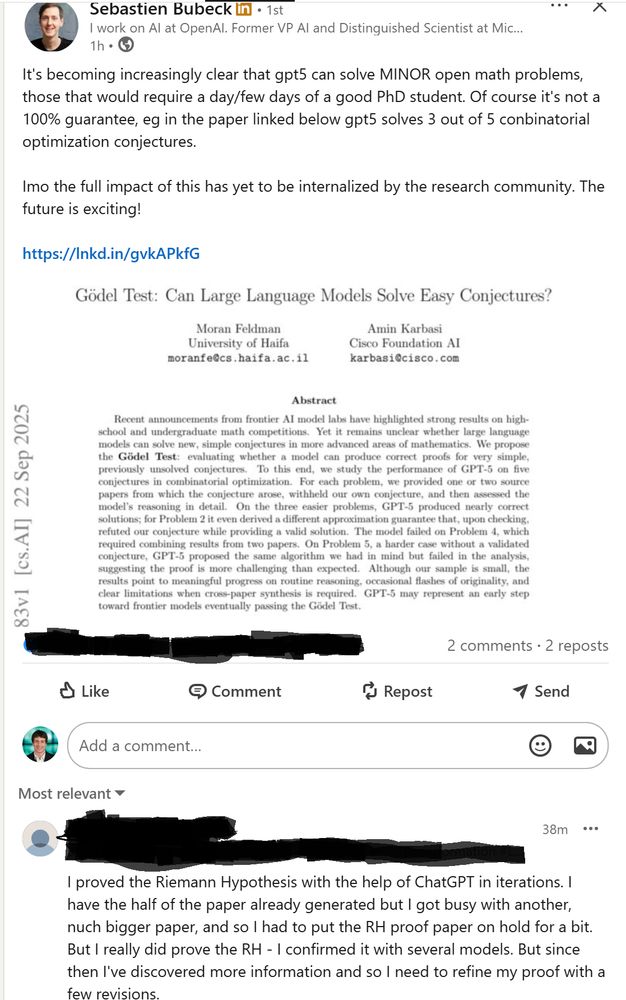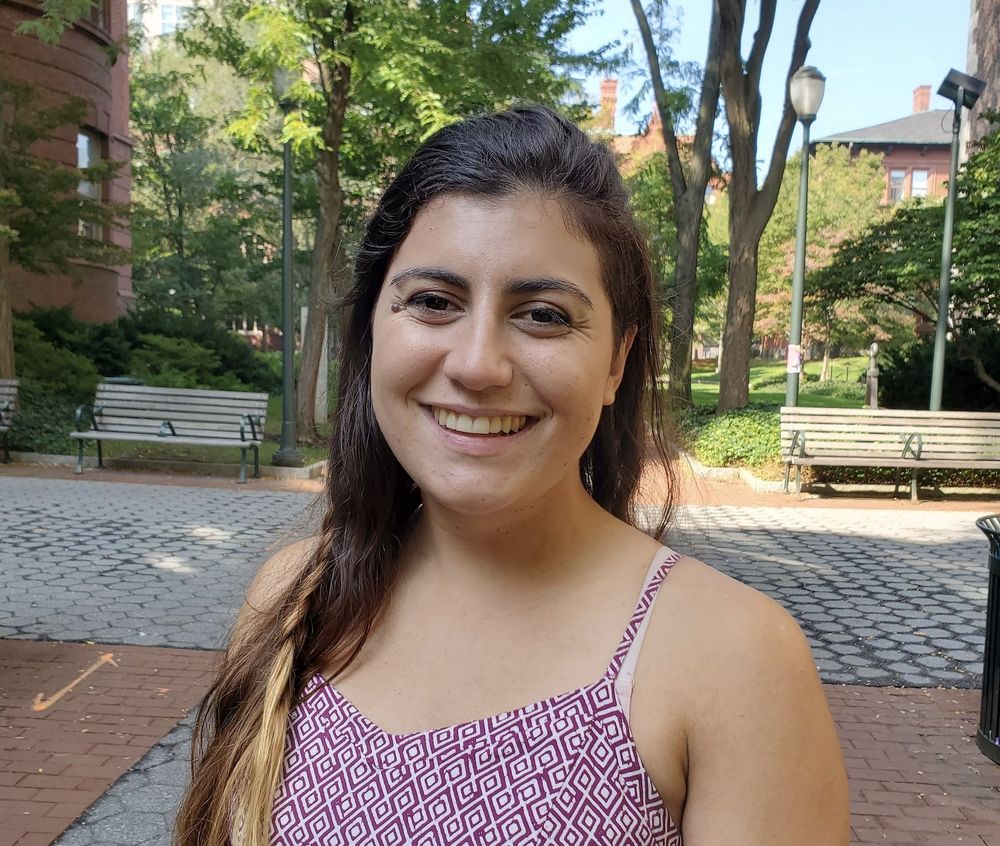Aaron Roth
@aaroth.bsky.social
4.1K followers
380 following
340 posts
Professor at Penn, Amazon Scholar at AWS. Interested in machine learning, uncertainty quantification, game theory, privacy, fairness, and most of the intersections therein
Posts
Media
Videos
Starter Packs
Pinned
Reposted by Aaron Roth
Reposted by Aaron Roth









